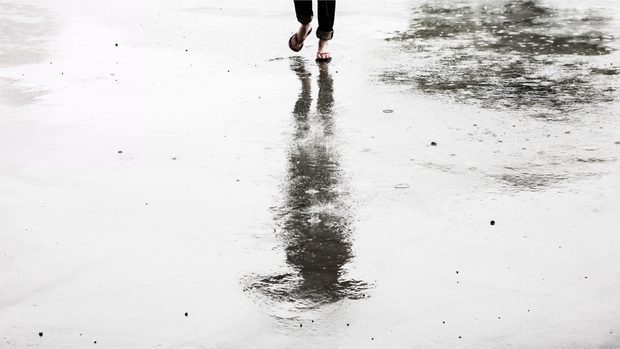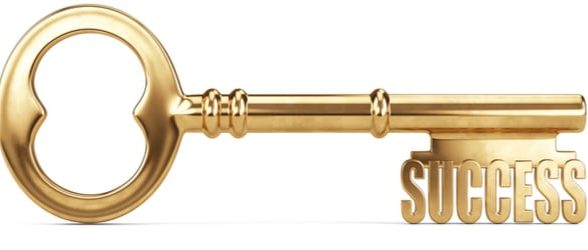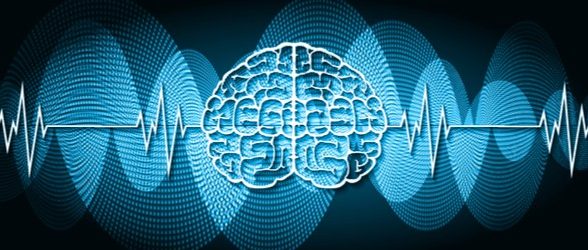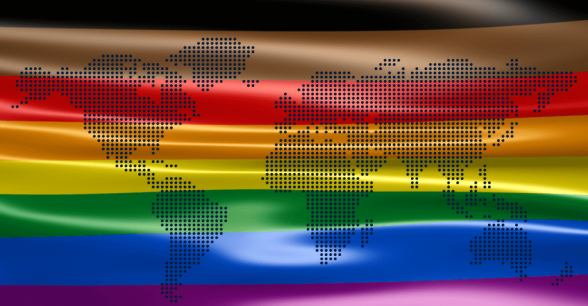Learning to Love my Crip, Queer, Female Body is a Radical Act
I am a vocal intersectional feminist who shares with others how important it is to love their bodies, even in the face of society’s harmful messages. I can explain the roles of sexism, classism, and racism in eating disorders and body image. I can instruct activists on strategies that aim to resist heteropatriarchal beliefs about valuable and invaluable bodies.
I can’t tell you that I always love my own body.
As someone who’s been taught from the day that I was born that certain bodies are more valuable than others, loving my queer, crip, female body can seem impossible at times. I fight to love a body that is never the “right” size or shape. Bodies like mine are invisible in the media, and their physical presence in public is met with confusion, avoidance, and/or feelings of pity toward my visible disability. Both strangers and loved ones react to the way I express queerness on my body with critiques of how a “real” woman should dress and groom.
Not only am I fighting against belief structures that mark my body as less than valuable, but I am also fighting my own body to exist on this earth. I am writing this piece in the trough of the waves of pain, exhaustion, and nausea. My body is a source of physical, emotional, and mental pain that I can never leave. It is also the constant reminder of immortality. At age 25, I have faced the fear of not having enough time to live to do and accomplish all that I hoped too many times. I view my body as the opponent in a fighting ring that I can temporarily pin down, but never defeat.
While I struggle with effects of my body being marked as Other, I also know that my white and cisgender identity and class position have privileged me to navigate through the devaluing of my body and still survive. I have access to quality and affordable medical and mental health care that has kept me alive.
Understanding how my own social, political, and economic positions contribute to my beliefs about body image is critical to learning to love my body.
Logically, I know that my body should not be the enemy. But subconsciously, I still fight. It is easier to hate the flesh and blood that I call home than it is to ignore the pervasive messages about my worth or change the DNA that makes the home of my body toxic. I am exhausted from fighting an impossible battle.
So, I have decided to learn how to love my body. I may not be able to change my DNA or abolish systems of power today. But starting now, I can choose to love a body that I learned to hate.
My body is valuable because it allows me to love my friends and family, to experience the magic of a sunrise, and to create social change to improve the lives of others.
I predict that learning to love my body will be a lifelong process. I hope that I can find support in feminist, queer, and crip spaces for loving my body. Body love is both a necessity for survival and a radical act of resistance against sexism, ableism, classism, racism, and homophobia.
About Rooted In Rights
Rooted in Rights exists to amplify the perspectives of the disability community. Blog posts and storyteller videos that we publish and content we re-share on social media do not necessarily reflect the opinions or values of Rooted in Rights nor indicate an endorsement of a program or service by Rooted in Rights. We respect and aim to reflect the diversity of opinions and experiences of the disability community. Rooted in Rights seeks to highlight discussions, not direct them. Learn more about Rooted In Rights



